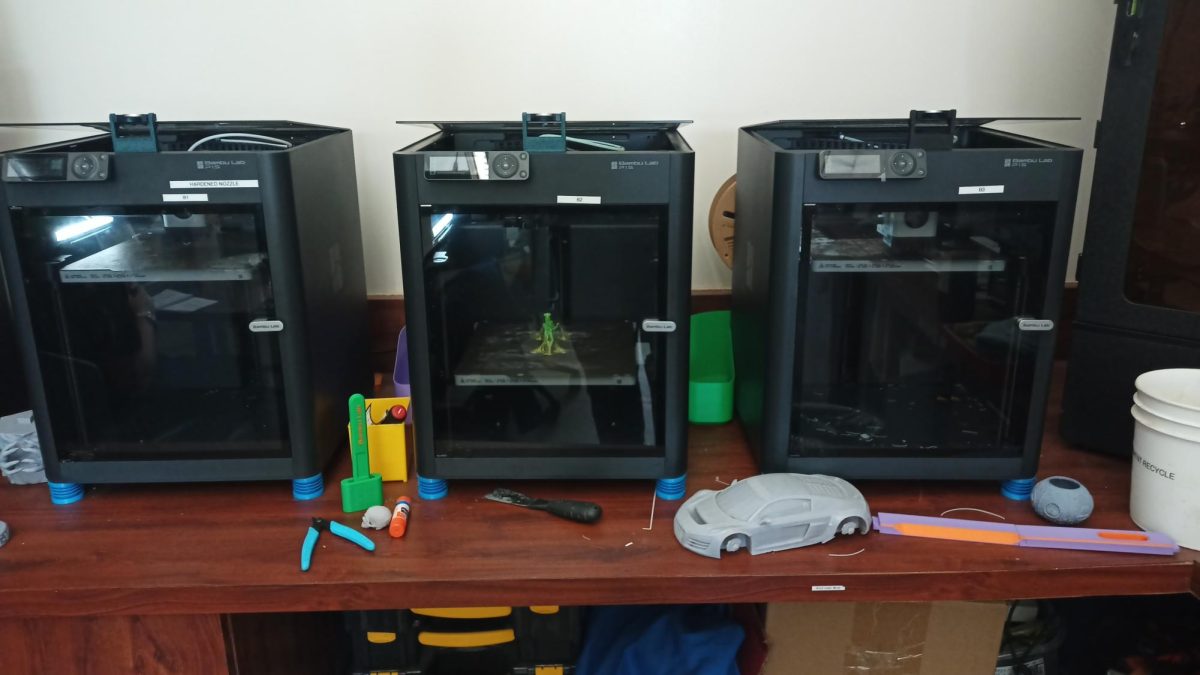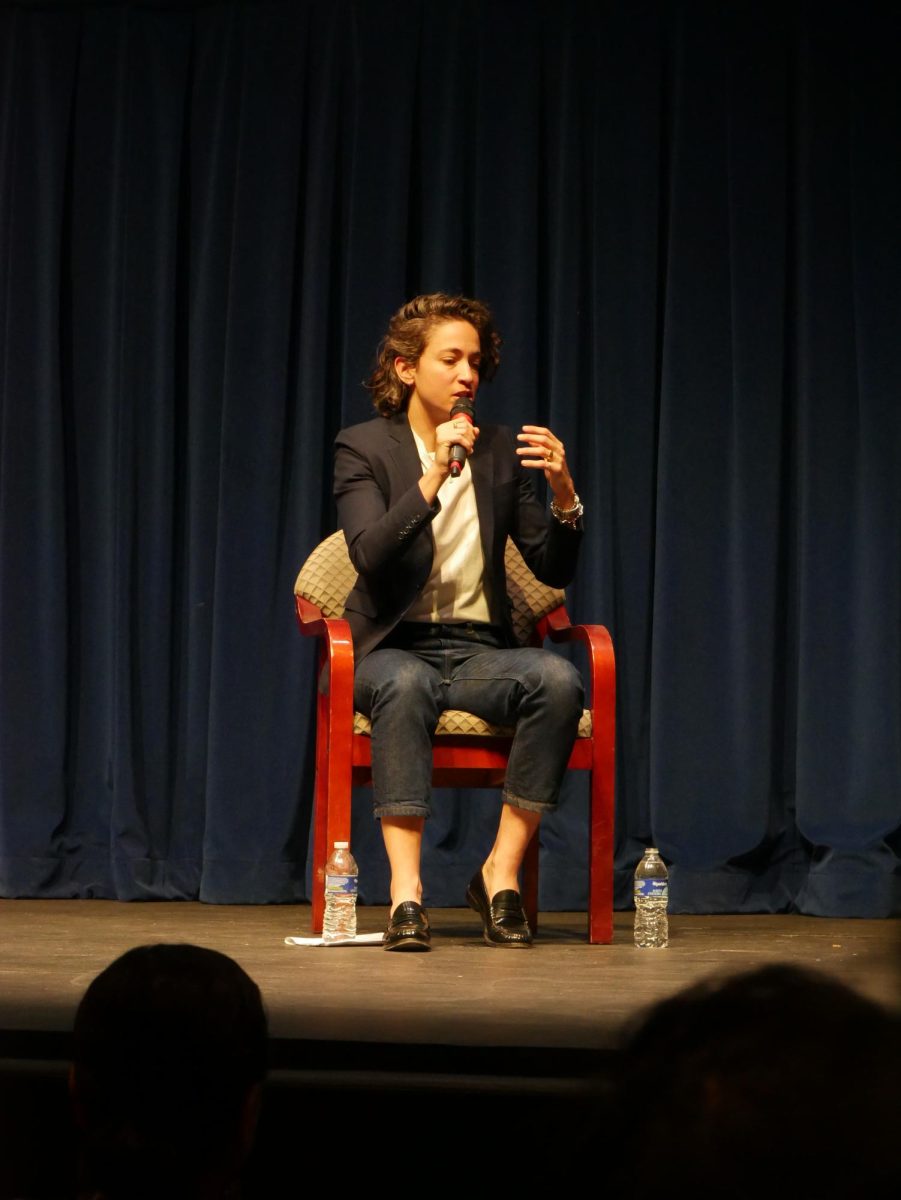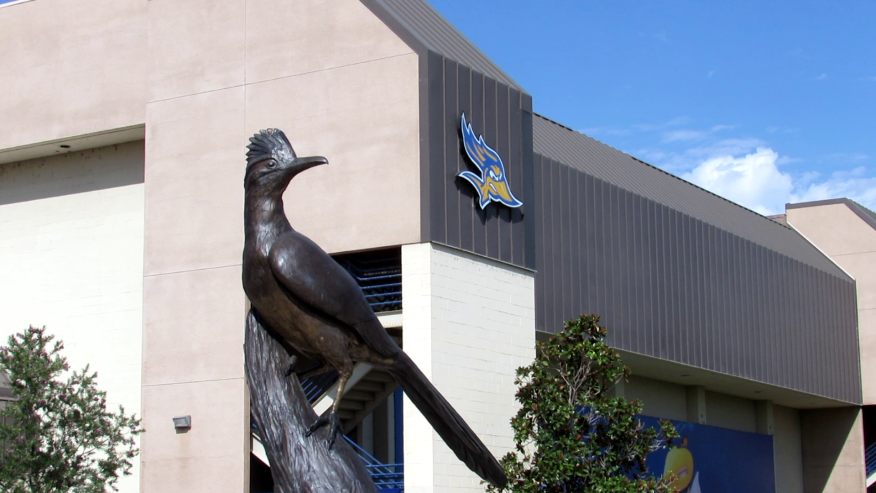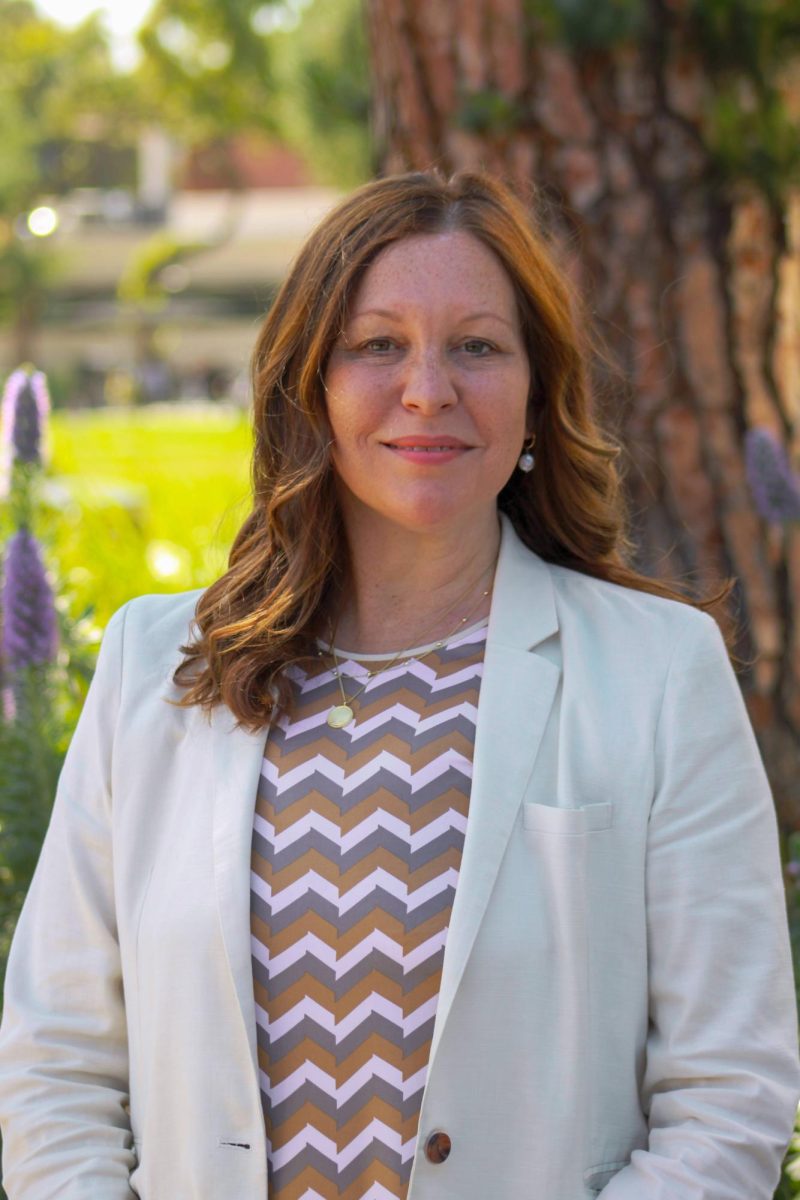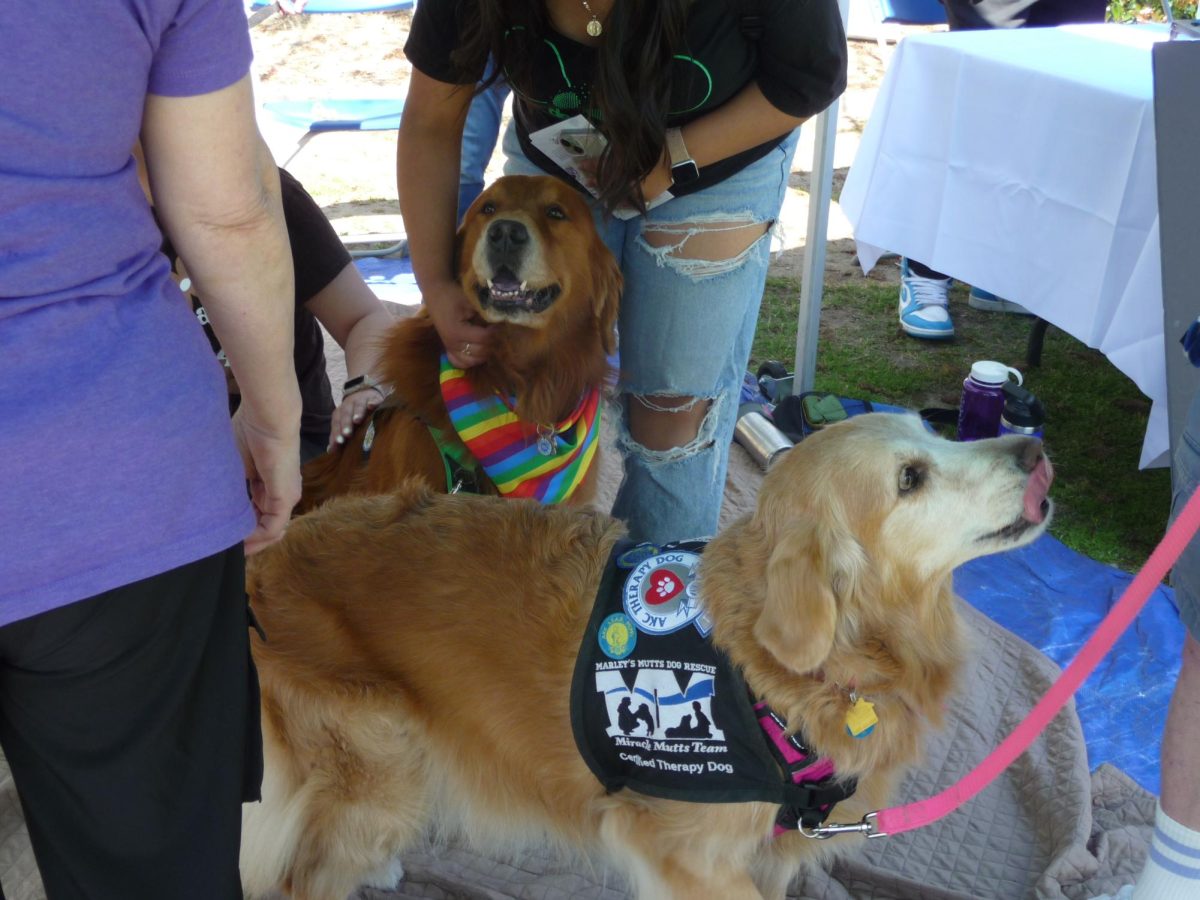by Bailey Torres
Staff Writer

Russell V. Judd, president at Dignity Health’s Mercy Hospitals of Bakersfield, referenced chapter
2 from the book “The Immortal Life of Henrietta Lacks” by Rebecca Skloot on Oct. 23 at the
Student Union Multipurpose Room.
Russell Judd, president of Dignity Health’s Mercy Hospitals of Bakersfield, led a book discussion on Rebecca Skloot’s “The Immortal Life of Henrietta Lacks” titled “Is there room for humans in science?” at California Sate University, Bakersfield.
The purpose of the book discussion was to consider “the drive for the expansion of science, its impact on persons and raise the question of how to maintain a balance between the need for scientific advancement and humanism,” said Judd.
The event, held on Wednesday Oct. 23, was a part of the One Book, One Bakersfield, One Kern project in conjunction with CSUB’s First-Year Experience program. Along with CSUB students, students from Independence High School and South High School attended the discussion.
“They are not just cells. It is as if they have forgotten that HeLa was a person,” said a student from Independence High School.
In “The Immortal Life of Henrietta Lacks” Robert Stevenson argues, “Scientists don’t like to think of HeLa cells as being little bits of Henrietta because its much easier to do science when you disassociate your materials from the people they come from” (216).
Judd pointed out that scientists often have to choose between the negative and positive positions concerning their work. “They can focus on the loss or on the great work they are doing,” said Judd.
Judd asked the audience to weigh the importance of humanism against the importance of science. He defined humanism as “your worth and agency” and science as the “systematic enterprise that builds and organizes knowledge in the form of testable explanations and predictions.”
When asked which she valued more, Ana Hernandez, a senior liberal studies major at CSUB, said,
“I thought that humanism was more important, but the discussion helped me to see that both are important and necessary.”
Another distinctive discussion Judd initiated was about the polio vaccination. This vaccine was created and tested using HeLa cells. Thanks to the HeLa cells the polio vaccine has “eliminated” polio “from the western hemisphere,” according to www.historyofvaccines.org.

Russell V. Judd, president at Dignity Health’s Mercy Hospitals of Bakersfield, referenced chapter
2 from the book “The Immortal Life of Henrietta Lacks” by Rebecca Skloot on Oct. 23 at the
Student Union Multipurpose Room.
Judd ended the discussion with a question about giving up one for many. Is it right to sacrifice the rights of one to save many? Millions of lives have been saved through the polio vaccine alone, not to mention all of the other ways HeLa cells have helped medicine. HeLa cells have been involved in cancer research, cloning and are used in labs across America.
The discussion’s goal was to challenge the thoughts and beliefs of the audience, giving them the chance to voice their opinions in a non-threatening environment. Judd played the role of “devil’s advocate” well, asking questions and making the audience think about their position on the matter of humans verses science. By the end of the hour, the group had come to one consensus: there must be a balance between humans and science because one should never completely overshadow the other.
For those interested in joining the discussion, CSUB is hosting two more events with the One Book, One Bakersfield, One Kern project. A coffee talk will be held on Wednesday, October 30 at 3:00 pm in the Runner Bookstore, and Rebecca Skloot, author of “The Immortal Life of Henrietta Lacks,” will be at CSUB in the Icardo Center on November 6 at 7:00 pm.




